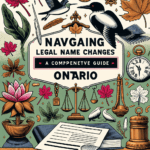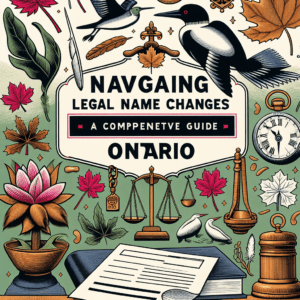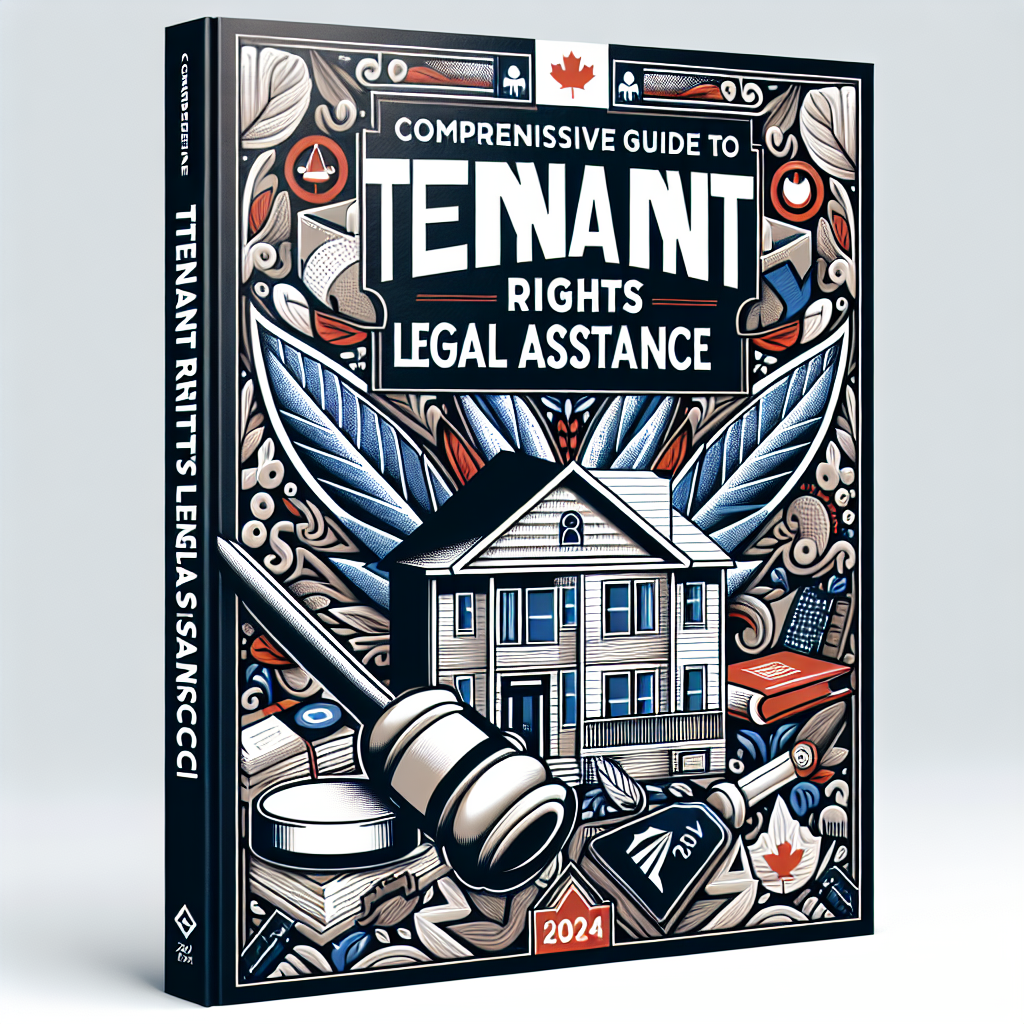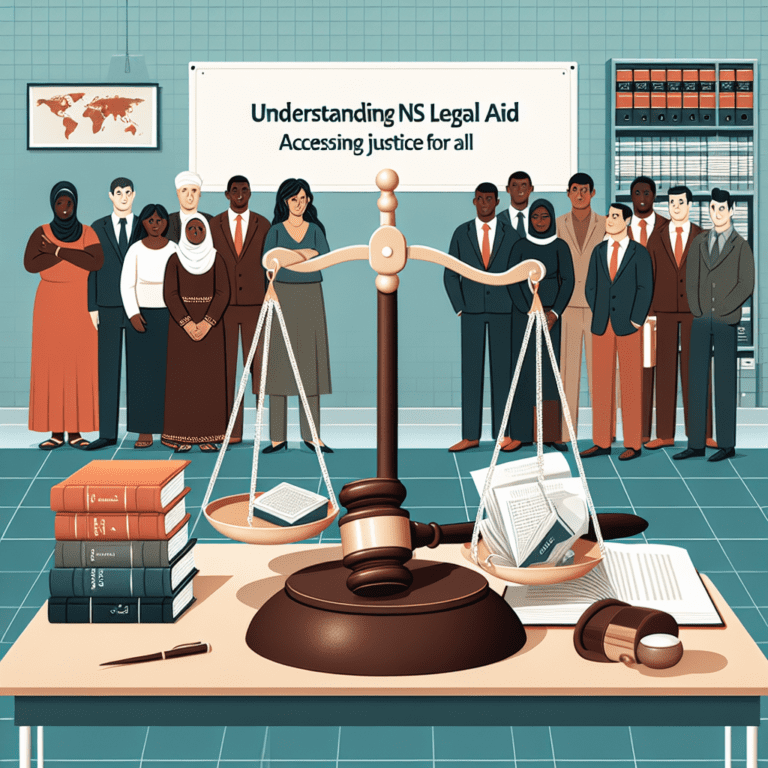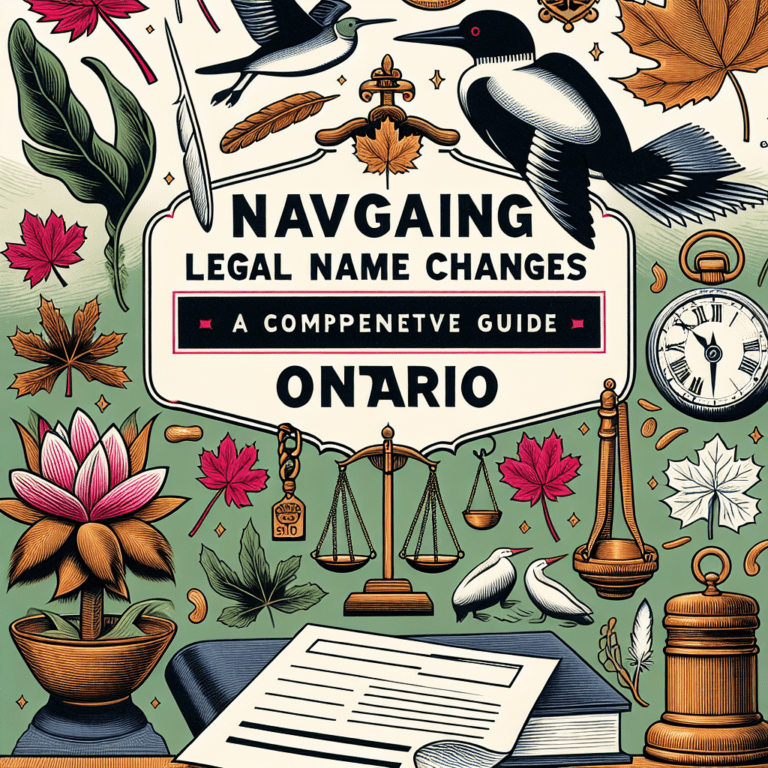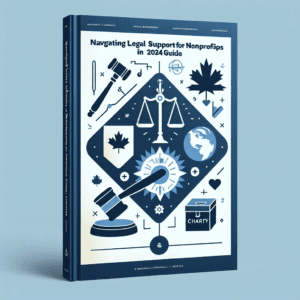===INTRO:===
In 2024, navigating the complexities of tenant rights legal assistance in Canada has become increasingly vital for renters facing an array of challenges, from unjust evictions to maintenance issues. Many tenants find themselves feeling vulnerable and uninformed about their rights, which can lead to significant distress and dissatisfaction with their living situations. The urgency for legal support in these matters cannot be overstated, as it directly impacts the quality of life and housing security for millions across the nation. This comprehensive guide aims to provide crucial insights and resources to empower tenants, ensuring they are well-equipped to stand up for their rights.
Understanding Tenant Rights: A Crucial Overview for 2024
Tenant rights in Canada are rooted in provincial and territorial legislation, each with its own distinct regulations governing landlord-tenant relationships. In 2024, these rights encompass various facets, including security of tenure, the right to a habitable living environment, and protection against discriminatory practices. The fundamental principle remains that tenants have the right to live in a safe and secure home, free from unjust interference by landlords. However, many tenants are unaware of these rights, leading to potential exploitation or miscommunication with their landlords.
Understanding the nuances of tenant rights is essential, especially given the shifting landscape of the housing market in 2024. With rising rental prices and increased demand for affordable housing, tenants may face heightened pressure to maintain their rental agreements, sometimes at the expense of their rights. Legal frameworks such as the Residential Tenancies Act (RTA) in various provinces serve as a protective measure, but knowledge is power—tenants who are informed about their rights can better navigate disputes and assert their entitlements.
Moreover, several common misconceptions surround tenant rights that can be detrimental to renters. For instance, many believe that landlords have the unilateral right to enter a rental unit at any time, which is not the case. Understanding the specific provisions regarding notice periods and entry rights can prevent unwarranted disruptions and protect personal privacy. Tenants equipped with deep insights about their rights can engage more effectively with landlords, fostering a cooperative relationship based on mutual respect and understanding.
Navigating Legal Assistance for Tenants in Canada This Year
In 2024, the landscape of legal assistance for tenants in Canada has evolved, with numerous resources available for those in need. Many organizations provide free or low-cost legal services tailored specifically for renters. These resources range from legal clinics, which often operate in partnership with universities, to community organizations focused on housing rights. Accessing these services can empower tenants to challenge unfair treatment and secure their rights without the financial burden often associated with legal representation.
Another key strategy for tenants seeking legal assistance is the importance of documentation. Maintaining thorough records of all interactions with landlords, including communication about repairs, payment history, and any notices received, can significantly bolster a tenant’s case. This meticulous approach not only aids legal professionals in providing sound advice but also strengthens tenants’ positions in disputes. In 2024, digital tools and platforms have emerged that facilitate easy documentation and organization of rental agreements, which can be indispensable when seeking legal help.
Moreover, understanding the avenues for escalation is crucial for tenants who find themselves in contentious situations. Tenants can approach provincial rental boards or tribunals that oversee disputes and enforce tenant rights. These bodies are designed to mediate conflicts between landlords and tenants swiftly and efficiently. Familiarizing oneself with the procedural aspects and timelines involved can lead to more favorable outcomes. For instance, knowing how to file a complaint and what evidence to present can expedite the resolution process, ultimately leading to a more empowered tenant experience.
===OUTRO:===
As we navigate the complexities of tenant rights legal assistance in Canada in 2024, it is essential for renters to remain vigilant and informed. The resources and insights provided here serve as a foundation for understanding and asserting tenant rights effectively. Empowering yourself with knowledge and accessing available legal support can transform your renting experience, shielding you from potential injustices. If you believe that your rights as a tenant have been violated, take the next step by reaching out to local organizations or legal clinics that specialize in housing issues. Your home is your sanctuary—know your rights and fight for them.
Navigating Legal Aid Options for Refugees in Canada 2024Exploring Human Rights Legal Support in Canada: 2024 InsightsNavigating Legal Support for Wrongful Termination in Canada 2024Relevant LinkRelevant LinkRelevant LinkUnderstanding LegalZoom Billing: Fees, Structure, and InsightsUnderstanding LegalZoom’s Basic Will: Key Features ExplainedUnderstanding LegalZoom’s Business Address Services ExplainedRelevant LinkRelevant LinkRelevant LinkUnderstanding Legal Self-Defense Weapons in CanadaUnderstanding Legal Paper Size: Dimensions and Uses ExplainedNavigating Legal Name Changes in Ontario: A Comprehensive GuideRelevant LinkRelevant LinkRelevant Link


